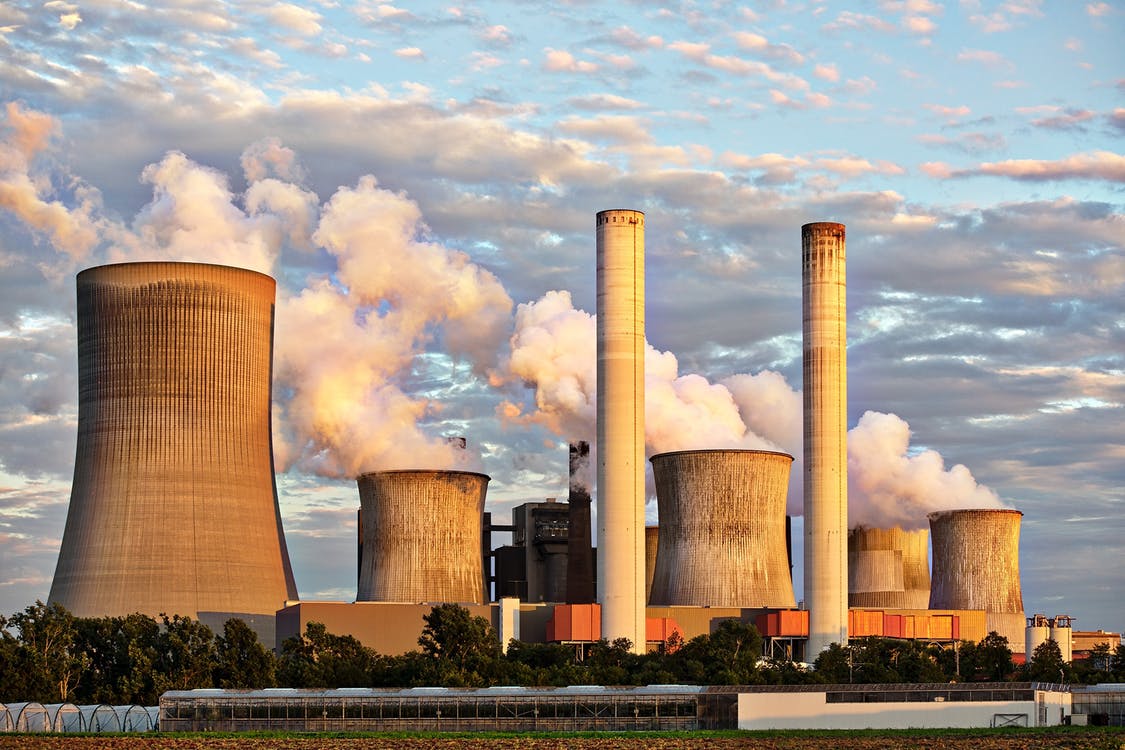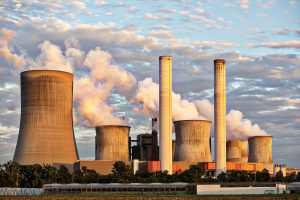Emissions flatlined in 2019 thanks to advances in clean energy, according to new research by the International Energy Agency (IEA).
For the second year, emissions were 33 gigatonnes, despite a growth in the world economy of 2.9%. Globally emissions declined by some 170 million tonnes (Mt) in the power sector, or 1.2%, bringing many countries emissions down to levels not seen since the 1980s.
In the European Union (including the UK), emissions declined by 160Mt in 2019, a 5% drop that was driven by increases in renewables, as wind power almost caught up with coal generation.
In the UK, coal-fired power plants fell to just 2% of total electricity generation, at the same time as additional offshore wind generation came online. This allowed renewables to provide around 40% of the electricity supply according to the IEA. Natural gas provided a similar amount of electricity.
During the third quarter of 2019, the UK saw an even greater percentage of renewables, with wind, solar PV and other sources generating more electricity than fossil fuels.
The stalling of emissions was welcomed by Dr Fatih Birol, executive director of the IEA. But Birol warned that we need to work to make sure that 2019 is “remembered as a definitive peak in global emissions, not just another pause in growth”.
“We have the energy technologies to do this, and we have to make use of them all. The IEA is building a grand coalition focused on reducing emissions – encompassing governments, companies, investors and everyone with a genuine commitment to tackling our climate challenge.”
Around the world, there were increases in emissions from oil and gas, but these were offset by a continued decline in coal. CO2 emissions from coal use fell by almost 200Mt in 2019, a 1.3% decline from 2018 levels.
Read more: Current News





